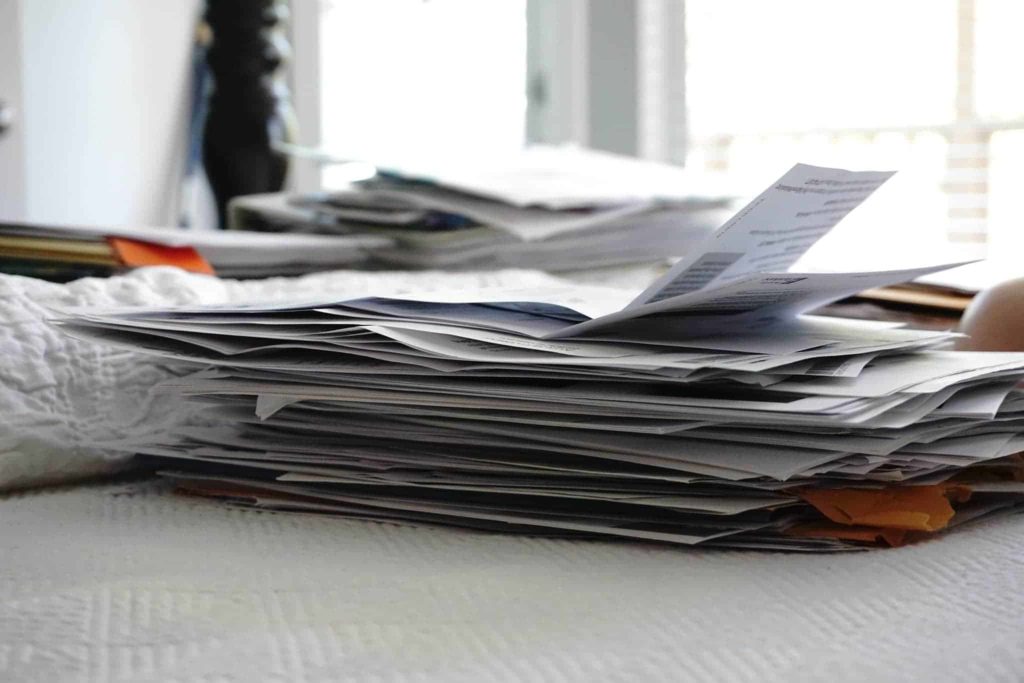Null Hypothesis Significance Testing a Review of an Old and Continuing Controversy

The Null Hypothesis
The null hypothesis, as described by Anthony Greenwald in 'Consequences of Prejudice Against the Null Hypothesis,' is the hypothesis of no difference between treatment effects or of no association between variables. Unfortunately in academia, the 'null' is often associated with 'insignificant,' 'no value,' or 'invalid.' This association is due to the bias against papers that accept the null hypothesis by journals. This prejudice by journals to only accept papers that show 'significant' results (also known as rejecting this 'null hypothesis') puts added pressure on those working in academia, especially with their relevance and salaries often depend on publications. This pressure may also be correlated with increased scientific misconduct, which you can also read more about on this website by clicking here . If you would like to read publication, journal articles, and blogs about the null hypothesis, views on rejecting and accepting the null, and journal bias against the null hypothesis, please see the resources we have linked below.
Publications
Most scientific journals are prejudiced against papers that demonstrate support for null hypotheses and are unlikely to publish such papers and articles. This phenomenon leads to selective publishing of papers and ensures that the portion of articles that do get published is unrepresentative of the total research in the field.
Anderson, D. R., Burnham, K. P., & Thompson, W. L. (2000). Null hypothesis testing: problems, prevalence, and an alternative. The journal of wildlife management, 912-923.
Benjamini, Y., & Hochberg, Y. (1995). Controlling the false discovery rate: a practical and powerful approach to multiple testing. Journal of the royal statistical society. Series B (Methodological), 289-300.
Berger, J. O., & Sellke, T. (1987). Testing a point null hypothesis: The irreconcilability of p values and evidence. Journal of the American statistical Association, 82(397), 112-122.
Blackwelder, W. C. (1982). "Proving the null hypothesis" in clinical trials. Controlled clinical trials, 3(4), 345-353.
Dirnagl, U. (2010). Fighting publication bias: introducing the Negative Results section. Journal of cerebral blood flow and metabolism: official journal of the International Society of Cerebral Blood Flow and Metabolism, 30(7), 1263.
Dickersin, K., Chan, S. S., Chalmersx, T. C., Sacks, H. S., & Smith, H. (1987). Publication bias and clinical trials. Controlled clinical trials, 8(4), 343-353.
Efron, B. (2004). Large-scale simultaneous hypothesis testing: the choice of a null hypothesis. Journal of the American Statistical Association, 99(465), 96-104.
Fanelli, D. (2010). Do pressures to publish increase scientists' bias? An empirical support from US States Data. PloS one, 5(4), e10271.
Fanelli, D. (2011). Negative results are disappearing from most disciplines and countries. Scientometrics, 90(3), 891-904.
Greenwald, A. G. (1975). Consequences of Prejudice Against the Null Hypothesis. Psychological Bulletin, 82(1).
Hubbard, R., & Armstrong, J. S. (1997). Publication bias against null results. Psychological Reports, 80(1), 337-338.
I've Got Your Impact Factor Right Here (Science, February 24, 2012)
Johnson, R. T., & Dickersin, K. (2007). Publication bias against negative results from clinical trials: three of the seven deadly sins. Nature Clinical Practice Neurology, 3(11), 590-591.
Keep negativity out of politics. We need more of it in journals (STAT, October 14, 2016)
Knight, J. (2003). Negative results: Null and void. Nature, 422(6932), 554-555.
Koren, G., & Klein, N. (1991). Bias against negative studies in newspaper reports of medical research. Jama, 266(13), 1824-1826.
Koren, G., Shear, H., Graham, K., & Einarson, T. (1989). Bias against the null hypothesis: the reproductive hazards of cocaine. The Lancet, 334(8677), 1440-1442.
Krantz, D. (2012). The Null Hypothesis Testing Controversy in Psychology. Journal of American Statistical Association .
Lash, T. (2017). The Harm Done to Reproducibility by the Culture of Null Hypothesis Significance Testing. American Journal of Epidemiology .
Mahoney, M. J. (1977). Publication prejudices: An experimental study of confirmatory bias in the peer review system. Cognitive therapy and research, 1(2), 161-175.
Matosin, N., Frank, E., Engel, M., Lum, J. S., & Newell, K. A. (2014). Negativity towards negative results: a discussion of the disconnect between scientific worth and scientific culture.
Nickerson, R. S. (2000). Null hypothesis significance testing: a review of an old and continuing controversy. Psychological methods, 5(2), 241.
No result is worthless: the value of negative results in science (BioMed Central, October 10, 2012)
Negative Results: The Dark Matter of Research (American Journal Experts)
Neil Malhotra: Why No News Is Still Important News in Research (Stanford Graduate School of Business, October 27, 2014)
Null Hypothesis Definition and Example (Statistics How To, November 5, 2012)
Null Hypothesis Glossary Definition (Statlect Digital Textbook)
Opinion: Publish Negative Results (The Scientist, January 15, 2013)
Positives in negative results: when finding 'nothing' means something (The Conversation, September 24, 2014)
Rouder, J. N., Speckman, P. L., Sun, D., Morey, R. D., & Iverson, G. (2009). Bayesian t tests for accepting and rejecting the null hypothesis. Psychonomic bulletin & review, 16(2), 225-237.
Unknown Unknowns: The War on Null and Negative Results (social science space, September 19, 2014)
Valuing Null and Negative Results in Scientific Publishing (Scholastica, November 4, 2015)
Vasilev, M. R. (2013). Negative results in European psychology journals. Europe's Journal of Psychology, 9(4), 717-730
Where have all the negative results gone? (bioethics.net, December 4, 2013)
Where to publish negative results (BitesizeBio, November 27, 2013)
Why it's time to publish research "failures" (Elsevier, May 5, 2015)
Woolson, R. F., & Kleinman, J. C. (1989). Perspectives on statistical significance testing. Annual review of public health, 10(1), 423-440.
Would you publish your negative results? If no, why? (ResearchGate, October 26, 2012)
Source: https://bps.stanford.edu/?page_id=4641